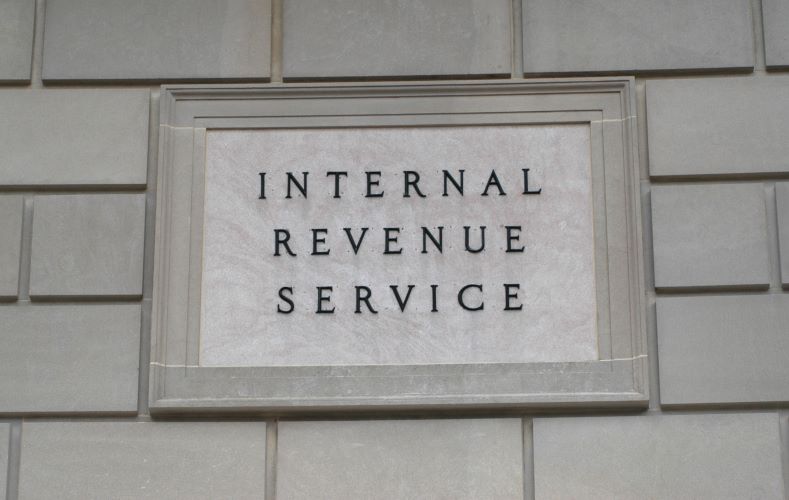Is it time to clean out those file cabinets? Or maybe see what can be deleted from your electronic/ digital files? Individual taxpayers often ask what specific tax and financial documents they need to retain and for how long. This is a commonly asked question because people tend to either save every document for a long period of time or they throw away documents as soon as their return has been filed. These extremes often leave some wondering what the best approach is to saving paper or electronic/digital documents. There are some general best practices taxpayers can follow to ensure their documents are being saved for the appropriate period of time. To help clients, prospects and others, here are some record retention guidelines organized around number of years to retain the documents.
Document Retention Best Practices
- Three Year Retentions – In general, documents related to your tax returns should be kept for three years from the date you filed your return unless you meet the requirements for the IRS to audit your return later, which is discussed below. It is often recommended that documentation relating to investments in limited partnerships and passive activities (as a sale) be retained for a three-year period. In addition, where appropriate those individuals that generate income from tips should retain tip reporting forms and related documentation for three years. Insurance policies once expired would fall in the three-year period as well.
- Four Year Retention – It is important to retain employment records for a period of at least four years after the date the tax becomes due or is paid, whichever is later. Note this includes documentation on sick pay, vacation pay, and personal time off.
- Seven Year Retention – Any documentation for accident reports, claims, contracts (seven years from time of expiration), and for settled cases should be retained for seven years. Additionally, bank statements, deposit slips, charitable contribution documentation, and any other bank account information is best saved for this seven-year period. Records related to claims for losses from worthless securities or bad debt deductions should also be kept for seven years.
- Permanent Retention – There are several items especially those that relate to tax payments and returns that are best retained permanently. This includes cancelled checks for tax payments, property purchases, special contacts, and documentation of investments in limited partnership(s), including Schedule K-1s. Copies of correspondences related to legal matters, deeds, and mortgage title papers are best kept permanently. Tax returns, W-2s, 1099s, worksheets, and other documents relating to the determination of your various federal, state, and local tax liabilities should be kept indefinitely, as well as contracts and leases as well as insurance policies in effect; deeds and mortgages, and estate planning documentation, including inherited and gifted property documentation.
Statute of Limitations
The statute of limitations as referenced here is the period of time you can amend your tax return to claim a credit or refund, or the IRS can assess additional tax. It is important to note that there is no statue to limitations for failure to file a tax return. For this reason, it is important to maintain copies of prior year returns forever. This will provide protection to the taxpayer should the IRS claim that prior year returns were not received. Beyond this, it is also important to save copies of related paperwork for those tax returns.
Generally speaking, the IRS can audit your return for a three-year period after submission. As a result, it is best to retain all related documentation for at least three years on the chance the taxpayer is selected for an IRS audit. However, if you do not report income that totals more than 25% of the total gross income shown on your return, the IRS can initiate an audit for that year’s return for up to six years, so documents related to this situation should be kept for six years. Finally, if the IRS suspects a taxpayer has committed fraud, they can initiate an audit at any time.
Contact Us
There may be specific rules and guidelines governing when an individual taxpayer should discard tax, financial, and other essential banking and payment documents depending on their individual situation and circumstances. The information provided above should act only as a guide, and we encourage you to retain documents as necessary. If you have questions about document retention or want to discuss tax planning, we are happy to help. For additional information please call us at 630.954.1400 or click here to contact us.





